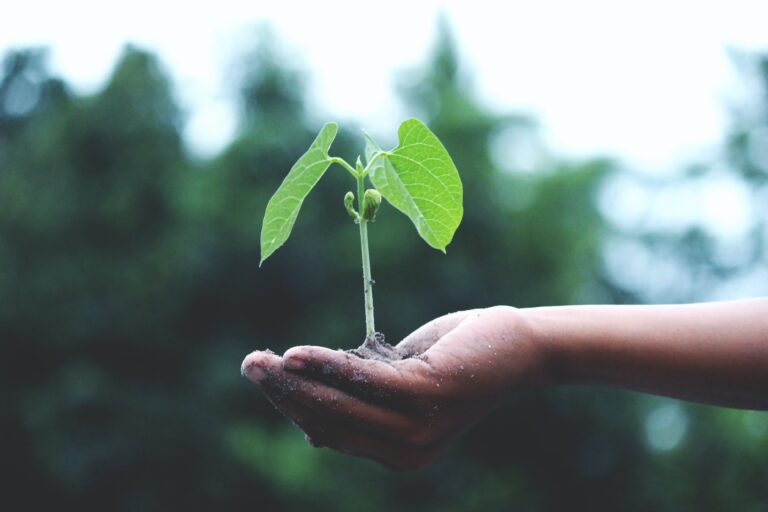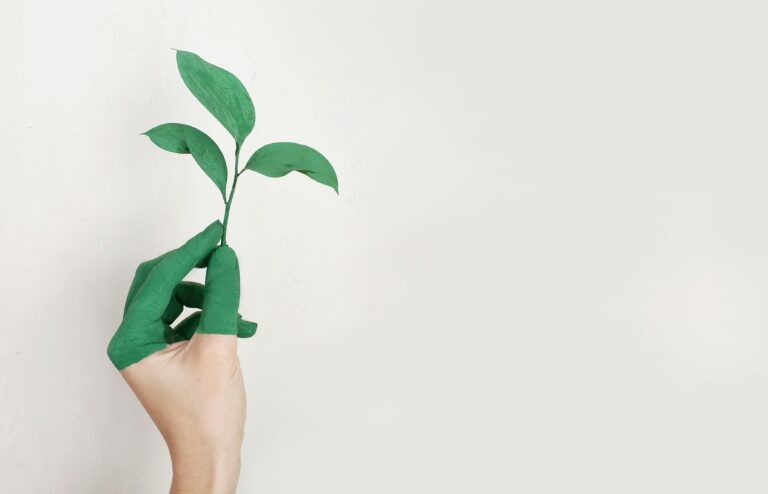Recycling is a crucial component of sustainable waste management, reducing the environmental impact of waste and conserving natural resources. This article explores the innovative recycling practices implemented in Norway and compares them with the current practices in Bulgaria, highlighting potential improvements and opportunities for advancement.
Norway’s Recycling Success
Norway has established itself as a global leader in recycling, with an efficient system that covers everything from household waste to industrial by-products. A key feature of Norway’s success is the extensive use of technology and automation in recycling processes. Advanced sorting facilities use AI and robotics to separate different types of waste, ensuring high purity levels in recycled materials. This technological edge has significantly increased recycling rates and reduced contamination.
Another critical aspect of Norway’s recycling strategy is its deposit-return system for beverage containers. This system incentivizes consumers to return used bottles and cans by offering a refund, resulting in an impressive return rate of over 90%. The collected containers are then processed and reused, forming a closed-loop system that minimizes waste and maximizes resource efficiency.
Public participation is also a cornerstone of Norway’s recycling efforts. The government has implemented comprehensive education campaigns to raise awareness about the importance of recycling and how to do it effectively. These campaigns, combined with convenient recycling infrastructure, have fostered a culture of environmental responsibility among citizens.
Recycling Practices in Bulgaria
Bulgaria, while making strides in waste management, still faces challenges in achieving the same level of recycling efficiency as Norway. The country’s recycling infrastructure is less developed, and there is a need for more advanced sorting facilities and widespread implementation of automated processes. Improving these aspects can significantly enhance Bulgaria’s recycling rates and reduce the volume of waste sent to landfills.
One area where Bulgaria can learn from Norway is the implementation of a deposit-return system. While some initiatives are in place, they are not as widespread or efficient as Norway’s system. Adopting a more robust and user-friendly deposit-return scheme could incentivize higher return rates for recyclable containers and reduce littering.
Education and public awareness are also areas where Bulgaria can benefit from Norway’s experience. Increasing efforts to educate the public about recycling, providing clear guidelines, and making recycling facilities more accessible can help foster a culture of sustainability. Engaging communities through campaigns and local initiatives can further enhance participation and commitment to recycling practices.
Opportunities for Improvement
To bridge the gap between current practices and potential improvements, Bulgaria can invest in modernizing its recycling infrastructure. This includes developing advanced sorting facilities, integrating technology into waste management processes, and ensuring that recycling systems are efficient and user-friendly.
Collaboration with international partners, including learning from Norway’s experiences, can provide valuable insights and technical expertise. Establishing partnerships with Norwegian organizations can facilitate knowledge transfer and help Bulgaria adopt best practices in recycling.
Moreover, policy reforms are essential to create an enabling environment for recycling. This involves setting clear targets, providing incentives for recycling, and ensuring that regulations are effectively enforced. By prioritizing recycling in national and local policies, Bulgaria can make significant strides towards a more sustainable waste management system.
Innovative recycling practices are vital for sustainable waste management, and Norway’s success provides a valuable model for Bulgaria. By investing in technology, implementing effective systems, and fostering public participation, Bulgaria can enhance its recycling efforts and move towards a more sustainable future. The comparative study of Norway and Bulgaria underscores the importance of innovation, education, and policy support in achieving high recycling standards and reducing environmental impact.





